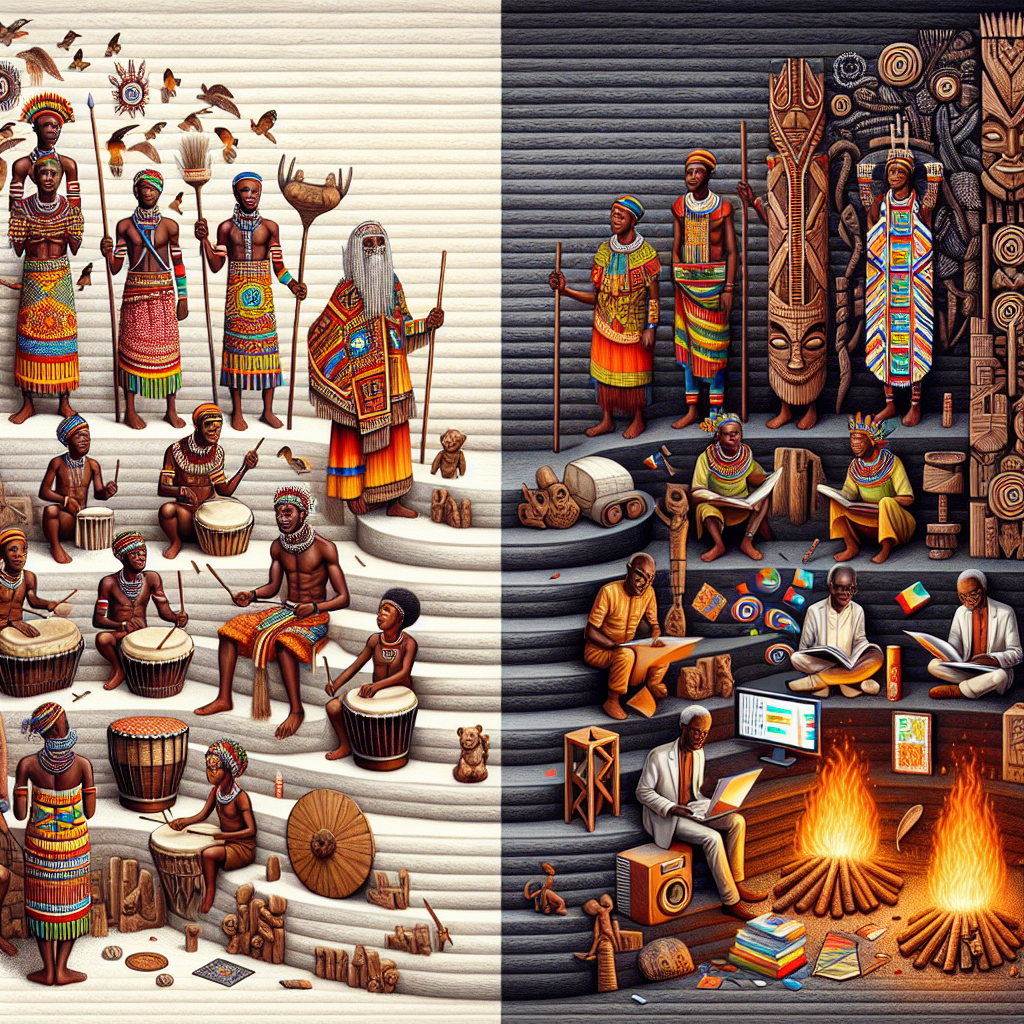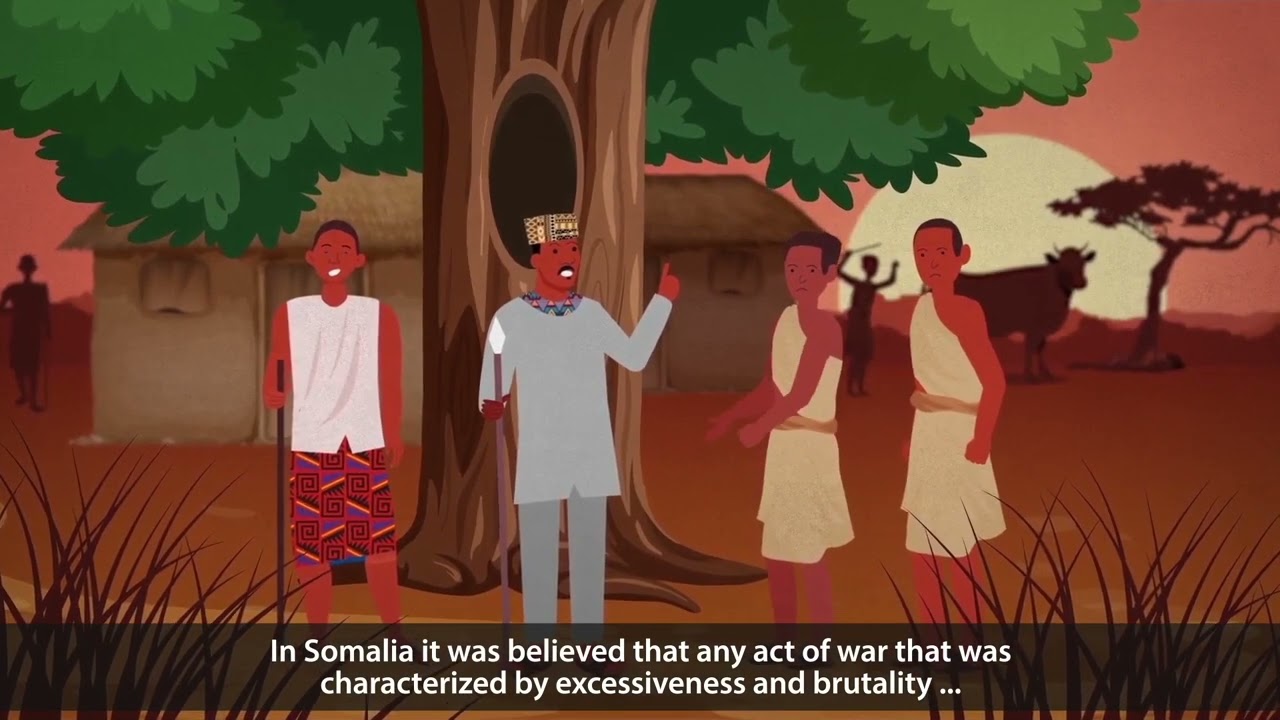African culture and traditions have a rich history that dates back thousands of years. From the ancient civilizations of Egypt and Nubia to the vibrant cultures of Nigeria and Ghana, the continent of Africa has been home to a diverse array of customs, beliefs, and practices.
Over the centuries, African culture has evolved and adapted to changing circumstances, incorporating influences from other cultures while retaining its unique identity. Today, African culture is a dynamic and multifaceted phenomenon that continues to shape the lives of millions of people on the continent and in the diaspora.
One of the key aspects of African culture that has persisted through the ages is the importance of communal values and traditions. From the extended family structures that have long been a cornerstone of African society to the rituals and ceremonies that mark important milestones in life, the concept of community and interconnectedness is a central theme in African culture.
Another significant aspect of African culture is the importance of oral tradition. Throughout the centuries, African societies have passed down their history, beliefs, and values through spoken word, music, dance, and storytelling. This oral tradition has helped to preserve the cultural heritage of African peoples and continues to play a vital role in maintaining cultural identity.
Despite the challenges posed by colonization and the forces of globalization, African culture continues to thrive and evolve in the modern world. Today, African artists, musicians, writers, and scholars are exploring new ways to blend traditional and contemporary influences, creating a vibrant and dynamic cultural landscape that reflects the complexity and diversity of African heritage.
In recent years, there has been a growing interest in the study and preservation of African culture and traditions. Scholars, researchers, and cultural institutions are working to document and preserve the rich tapestry of African culture, ensuring that future generations can continue to learn from and be inspired by the continent’s diverse heritage.
One of the ways in which African culture is being preserved and celebrated is through festivals, exhibitions, and cultural events that showcase the diversity and creativity of African peoples. From the colorful celebrations of traditional festivals like the Durbar in Nigeria to the contemporary art exhibits that highlight the work of African artists, these events are a testament to the enduring legacy of African culture.
As we continue to bridge the past and present, exploring the evolution of African culture and traditions, it is important to recognize the resilience and creativity of African peoples in the face of numerous challenges. By understanding and celebrating the rich heritage of African culture, we can gain a deeper appreciation for the unique contributions that African peoples have made to the global community. In doing so, we can also help to ensure that African culture continues to flourish and thrive for generations to come.












